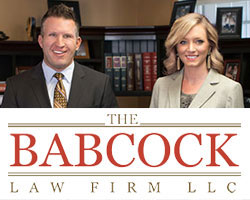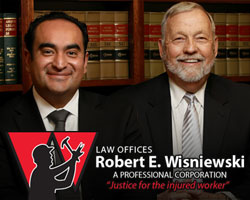Google recently introduced a new penalty to help reduce instances where mobile users are redirected to new pages that utilize large popups over their desired content. These intrusive mobile popups is now being penalized by the search engine’s algorithm.
The Google penalty is meant to improve the user experience for searchers because having a huge popup blocking the content a user is expecting to see can dramatically be frustrating for searchers.
Furthermore, given the increase in users searching on mobile devices, Google does not want to displease mobile users.
While business across various industries are guilty of this kind of aggressive advertising, this tactic is especially popular among lawyers and law firm.
Google is specifically targeting the following kinds of interstitials:
- Large popups that fully cover the main content of a web page. This can occur either as the user reaches a page or shortly after while they are reading the content.
- Standalone interstitials that users must click off before they can begin reading content.
- Utilizing a layout that appears to be a standalone interstitial above-the-fold but the content is under the fold.
Not all interstitials and/or popups in use are bad. In fact, certain laws requires some of them for legal websites—and Google has exceptions in place for these. Any interstitial or pop up that meets this exemption criteria are not subject to penalty.
Additionally, this kind of penalty only applies to interstitials that pop up on the initial page (entry or home page) of website. Interstitials utilized on pages after the initial page are safe from penalty…for now. However, you should be aware that any given page could be an entry page from Google.
Per Google’s official statement, “pages where content is not easily accessible to a user on the transition from the mobile search results may not rank as high.”
Compared to other announcements about penalties from Google, this seems light. Experts suggest that this is “Googlespeak” for a new way to rank sites that are already giants (those that are big brands, have tons of content or have authority dominance).
You should not expect to receive this penalty if your organization does not meet these criteria. However, it’s always beneficial to tread lightly and err on the side of caution.






